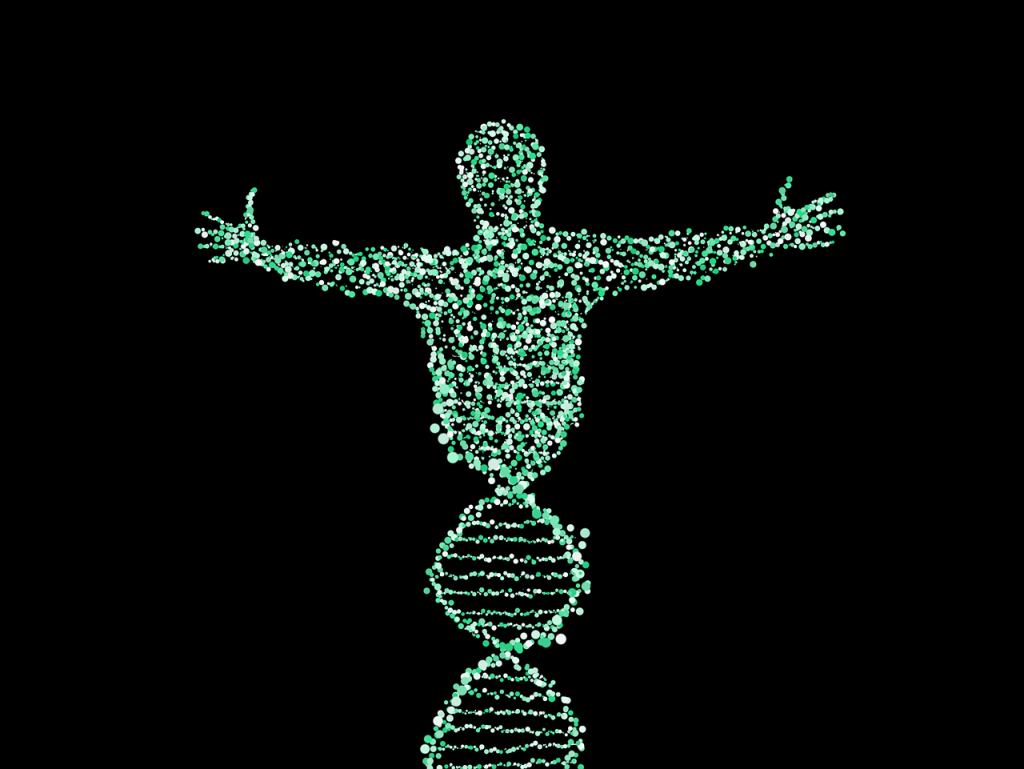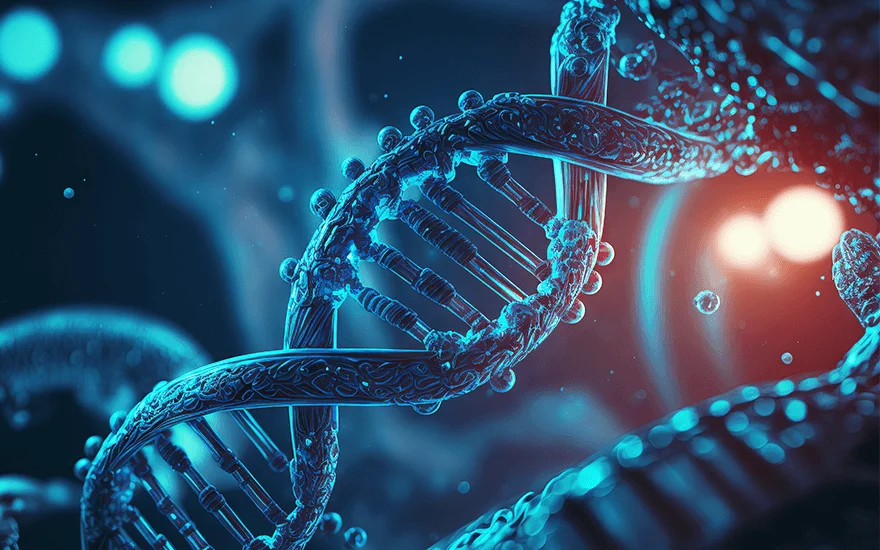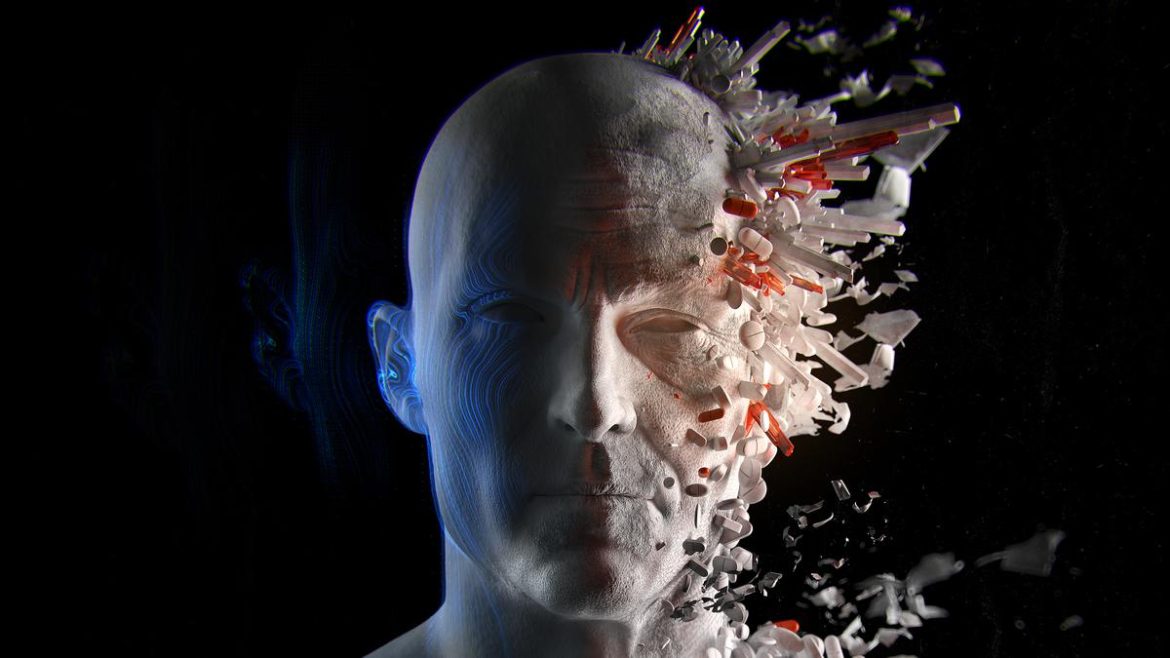Biohacking, a term that encompasses a broad range of activities aimed at improving or enhancing human biology through experimental techniques, has gained significant attention in recent years. From self-experimentation to advanced biotechnology, biohacking represents a growing movement that seeks to push the boundaries of human potential. This article explores the concept of biohacking, its various forms, benefits, risks, and future implications.

Understanding Biohacking
Biohacking refers to the practice of modifying biological systems or processes to enhance human performance, health, or well-being. It spans a wide spectrum, from simple lifestyle changes to sophisticated genetic modifications. The primary goal of biohacking is to optimize the body’s functions and improve overall quality of life.
- Types of Biohacking:
- Nootropics: Often called “smart drugs,” nootropics are substances designed to enhance cognitive functions such as memory, focus, and creativity. These include both natural supplements and synthetic compounds.
- DIY Biology: This form of biohacking involves experimenting with biology outside traditional laboratory settings. Enthusiasts may conduct genetic modifications, create custom organisms, or explore synthetic biology techniques.
- Quantified Self: The quantified self movement involves using technology to track and analyze personal health data. Wearable devices, such as fitness trackers and smartwatches, monitor metrics like heart rate, sleep patterns, and physical activity.
- Genetic Engineering: More advanced biohacking involves directly manipulating genes to alter physical or cognitive traits. Techniques such as CRISPR-Cas9 allow for precise modifications at the genetic level.
- Technologies and Tools:
- Wearable Devices: Technologies such as fitness trackers, smartwatches, and continuous glucose monitors provide real-time data on various health parameters. These tools help individuals make data-driven decisions about their health.
- Genetic Testing: Companies offering direct-to-consumer genetic tests provide insights into genetic predispositions and potential health risks. This information can guide personalized health and lifestyle interventions.
- Bioinformatics: Bioinformatics tools analyze complex biological data, such as genetic sequences and metabolic profiles. These analyses inform biohacking practices and personalized health strategies.
Applications and Benefits of Biohacking
- Health and Wellness:
- Enhanced Cognitive Function: Nootropics and cognitive enhancers aim to improve mental performance, including memory, focus, and learning capabilities. By optimizing brain function, individuals may experience increased productivity and creativity.
- Physical Performance: Biohacking practices such as personalized nutrition, exercise regimens, and supplementation can enhance physical performance and overall fitness. Athletes and fitness enthusiasts often use these techniques to achieve peak performance.
- Preventive Health: Tracking health data and genetic information enables individuals to identify potential health risks and adopt preventive measures. Early detection and lifestyle modifications can reduce the risk of chronic diseases.
- Personal Optimization:
- Improved Sleep: Biohacking techniques, such as optimizing sleep environments and using sleep-tracking devices, aim to enhance sleep quality and overall restfulness. Better sleep contributes to improved cognitive and physical health.
- Stress Management: Techniques such as mindfulness, meditation, and biofeedback help individuals manage stress and improve mental well-being. These practices promote relaxation and emotional balance.
- Scientific and Technological Advancements:
- Innovative Research: DIY biology and genetic engineering contribute to scientific research and innovation. Biohackers explore new approaches to genetic modifications, synthetic biology, and biotechnology, advancing our understanding of biology.
- Personalized Medicine: Biohacking practices support the development of personalized medicine, where treatments and interventions are tailored to an individual’s genetic profile and health data.

Risks and Ethical Considerations
- Health and Safety Risks:
- Unregulated Substances: The use of nootropics and other substances may carry risks, especially when used without proper medical supervision. Adverse effects, drug interactions, and long-term safety are concerns that need careful consideration.
- Self-Experimentation: DIY biology and genetic modifications can pose health risks if not conducted with proper safety measures and oversight. There is potential for unintended consequences and unknown effects on health.
- Ethical Concerns:
- Genetic Privacy: The collection and analysis of genetic data raise concerns about privacy and data security. Individuals must be cautious about how their genetic information is used and shared.
- Equity and Access: Biohacking technologies and interventions may be more accessible to those with financial resources, potentially exacerbating health disparities. Ensuring equitable access to these technologies is an important consideration.
- Regulation and Oversight:
- Lack of Regulation: The biohacking community often operates outside traditional regulatory frameworks, which can lead to concerns about safety, efficacy, and ethical standards. Increased regulation and oversight may be needed to address these issues.
Future Trends in Biohacking
- Advancements in Biotechnology:
- Gene Editing: Continued advancements in gene editing technologies, such as CRISPR-Cas9, will enable more precise and effective genetic modifications. These developments may lead to new applications in health optimization and disease prevention.
- Synthetic Biology: The field of synthetic biology, which involves designing and constructing new biological parts and systems, will likely play a significant role in the future of biohacking. Innovations in this area may lead to novel health and performance enhancements.
- Integration with Artificial Intelligence:
- Personalized Health Insights: The integration of AI with biohacking practices will enhance the analysis of health data and provide more personalized recommendations. AI-driven insights will support targeted interventions and optimization strategies.
- Enhanced Tracking and Analysis: AI-powered tools will improve the accuracy and depth of health tracking and analysis. This will enable more sophisticated biohacking techniques and personalized approaches to health and performance.
- Ethical and Regulatory Developments:
- Frameworks and Guidelines: As biohacking practices continue to evolve, the development of ethical frameworks and regulatory guidelines will be crucial. These measures will help ensure safety, efficacy, and ethical considerations are addressed.

Conclusion
Biohacking represents a dynamic and evolving field that seeks to enhance human biology through innovative practices and technologies. From cognitive enhancement and physical performance to genetic engineering and personalized health, biohacking offers exciting possibilities for optimizing human potential. While the benefits of biohacking are significant, it is important to consider the associated risks and ethical considerations. As technology and research continue to advance, biohacking will likely play an increasingly prominent role in shaping the future of health and human enhancement. By balancing innovation with safety and ethics, biohacking can contribute to a more informed and optimized approach to human well-being.


